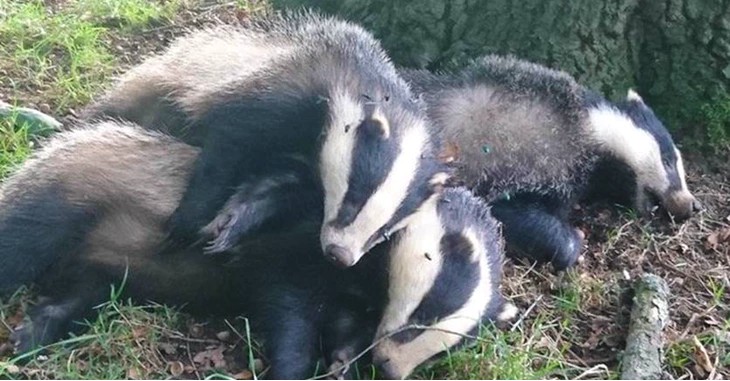Kamikaze bovine TB consultation – will it crash and burn?
On Thursday 28th March 2024 two solicitors’ letters were sent to the government. They express grave concerns over aspects of the Defra five-week badger culling consultation that began on 14th March, and attempts to bring about a policy u-turn on the phasing out of badger culling.
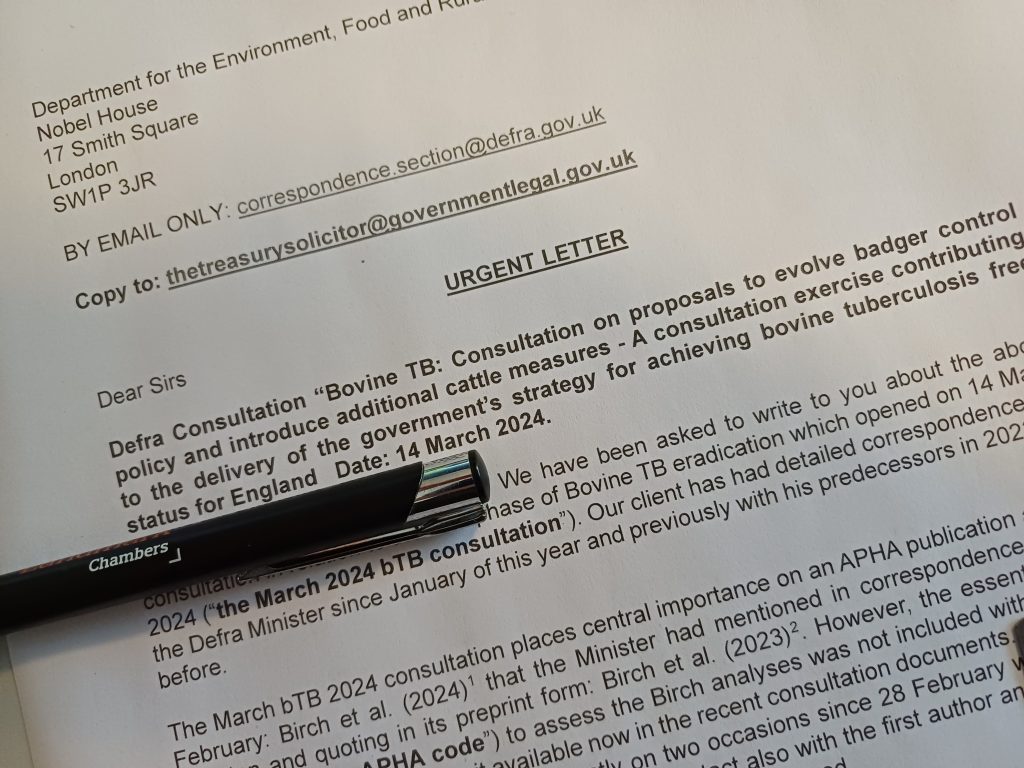
As readers may be aware from our recent blog, there is so much wrong with the proposal that it is hard to know where to start. Put simply, the Chief Veterinary Officer, currently Christine Middlemiss who is based at the Animal and Plant Health Agency (APHA) would be given sweeping powers to designate as many new cull areas as she and apparently a group of mostly farmers and cull companies think fit. This would be based upon currently obscure assumptions about how cattle herds have caught bovine TB in any area, yet with the finger wrongly always pointing at badgers.
Future decisions on initiating culls seem to rest around whether badgers share the same countryside areas (mostly they do because of the pasture landscapes) and whether they have the same bTB strain as the cows (mostly they don’t, according to the ‘Badgers Found Dead’ Edge and Low Risk Area surveys). Even if they do, an infected cattle herd may rapidly cause infection of the landscape, including many wild mammal species.
These decisions, to be made behind closed doors, will prevent the promised policy direction to ‘phase out’ badger culling. This phase-out said that the last cull authorizations would be for 2025, other than in ‘exceptional’ circumstances (we continue to oppose these ongoing intensive culls). But the new consultations would permit an unlimited number of ‘cluster’ cull areas across the whole of England. There would be unlimited badger shootings, over an up to seven month period annually, each year decimating healthy badgers in the hope of killing a handful of infectious ones. Totally unacceptable.
‘Cluster’ culling looks very much like the failed Low Risk Area, so-called ‘epidemiological’ culling, which has killed so many badgers in the Cumbria pilot without demonstrable effect (see ‘A bovine tuberculosis policy conundrum in 2023‘, chapter 5.). They are trying not to call cluster culling ‘epi-culling’ because of these failures.
What has become clear is that Defra are keen to muddle the effects of tighter cattle testing and movement control by saying that badger culling has contributed to the well-known reduction in number of herds being withdrawn from trading. But there is no scientific evidence of this, only good evidence that badger culling has shown no effect. Yet Defra and their agency APHA remain in denial. They claim in the consultation that a peer-reviewed published academic study finding no disease benefit is flawed, yet cannot provide the data or any analysis to prove their point. After two years, their public outburst is as useless as it was in March 2022, when their muddled attempts to undermine published science (the first attempt was withdrawn) came out.
Badger Crowd is in touch with Badger Trust and Wild Justice over a range of concerns over the lack of essential information for fair consultation. Responses from government so far have shed no light on questions asked.
Deadlines are coming up and further legal work is necessary, so an initial fundraiser was launched on Monday 1st April on the Crowd Justice website to fund the Badger Crowd legal work. Our fundraising target was reached by April 11th and the fundraiser has now been closed. Thank you very much to all who have supported. If we are advised by our legal team that we have good grounds to seek a Judicial Review, we will need to launch another fundraiser to cover the costs of this. Thank you for your support.
We are the Badger Crowd. We always stand up for Badgers.

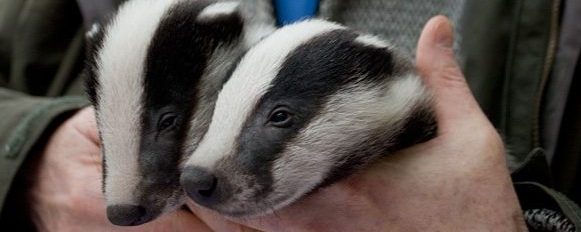

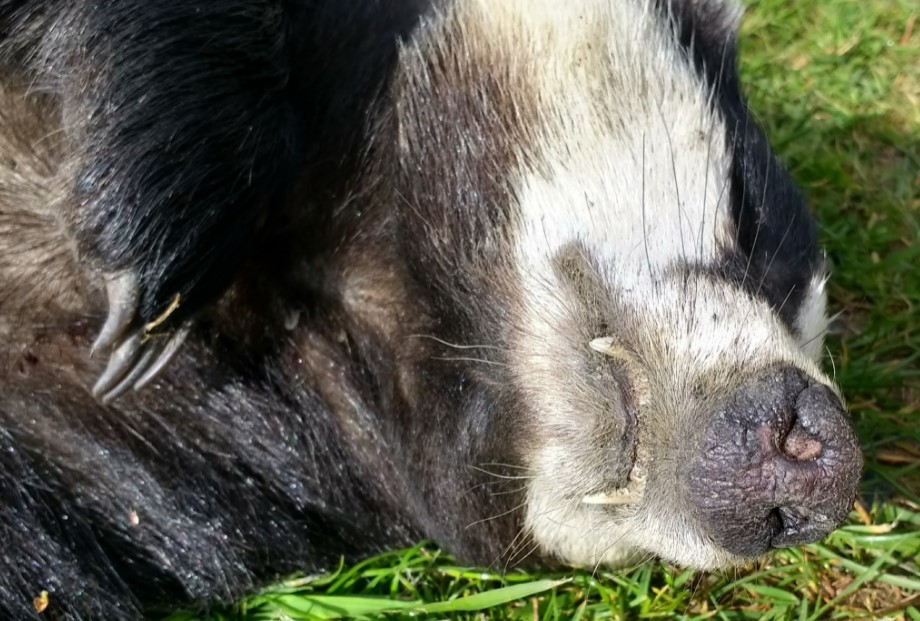
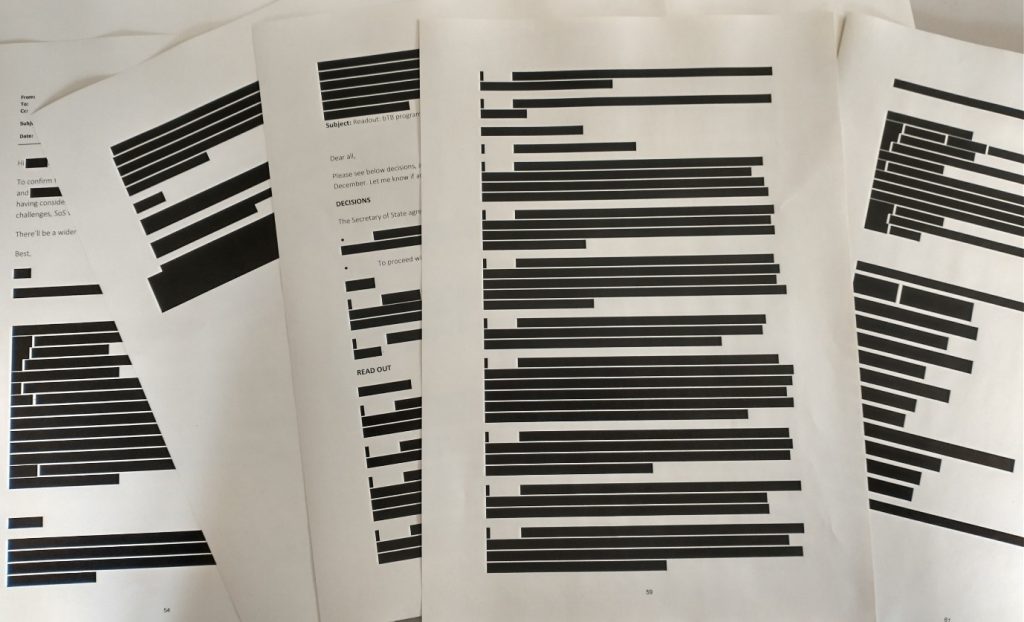
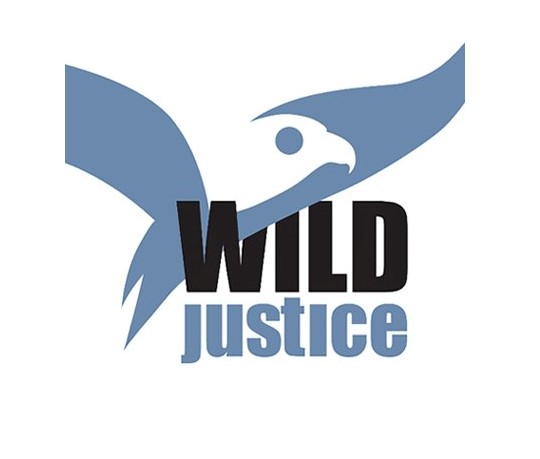 Great news this morning. Wild Justice, the UK organisation fighting for justice for wildlife, run by Mark Avery, Ruth Tingay and Chris Packham are sending over unspent funds from their badger killing welfare legal challenge. This was recently refused permission for Judicial Review, meaning that the disgracefully cruel and ineffective way of killing predominantly healthy badgers, escapes further legal scrutiny. However, this welcome synergy by those seeking to change the more extreme bad management of our wildlife and countryside, means a welcome boost to fundraising for the case now going to court and supported by the BadgerCrowd. Thanks also for a generous link to our CrowdJustice fundraiser from the Wild Justice newsletter today. The crowd fund has already had over 500 donations from people chipping in, and with a last push, we hope to reach our target before the deadline in front of the 22 July substantive hearing. Keep up to date with the important work of Wild Justice by signing up to their
Great news this morning. Wild Justice, the UK organisation fighting for justice for wildlife, run by Mark Avery, Ruth Tingay and Chris Packham are sending over unspent funds from their badger killing welfare legal challenge. This was recently refused permission for Judicial Review, meaning that the disgracefully cruel and ineffective way of killing predominantly healthy badgers, escapes further legal scrutiny. However, this welcome synergy by those seeking to change the more extreme bad management of our wildlife and countryside, means a welcome boost to fundraising for the case now going to court and supported by the BadgerCrowd. Thanks also for a generous link to our CrowdJustice fundraiser from the Wild Justice newsletter today. The crowd fund has already had over 500 donations from people chipping in, and with a last push, we hope to reach our target before the deadline in front of the 22 July substantive hearing. Keep up to date with the important work of Wild Justice by signing up to their 